Each patient entering Oxford’s Mississippi drug and alcohol detox center will drinking because of boredom receive an individualized treatment plan to safely manage their symptoms and stabilize them as their body rids itself of alcohol and other drugs. It is important to note that medical detox at Oxford will differ for each patient, as plans are based on each individual’s unique needs. However, the length of time one remains in detox is usually determined by several factors, such as how long substances were used and what substances they were using.
Medications and Patient Rights
- Millions of people in the United States each year report misusing medications that are prescribed for medical and mental health conditions.
- As your system struggles to cope in the absence of a substance to which it is accustomed, withdrawal symptoms are a physical and psychological response from the system.
- Each prescription drug has withdrawal symptoms specific to that medication.
- While prescription drugs like painkillers are common, they can lead to substance use disorder.
But it may be possible to detox in a hospital without going through the ER. In recent years, as the opioid epidemic has exploded, more hospitals have expanded their addiction services. Some prescribe buprenorphine, a narcotic that eases the symptoms of opioid withdrawal without making users feel “high.” Talk to your doctor about whether hospital detox would be right for you. Drug addiction, also called substance use disorder, is a mental health problem.
Common Medications Used in Drug & Alcohol Detox
All routinely abused prescription drugs have the potential to cause tolerance and physical dependence to develop. Even if you use prescription drugs only as directed by your prescribing physician, you may still become physically dependent on the medication if you use it for a sustained period. The use of medications, in combination with counseling and behavioral therapies, to provide a “whole-patient” approach to the treatment of substance use disorders. Medications used are approved by the Food and Drug Administration (FDA) and are clinically driven and tailored to meet each patient’s needs. Intensive inpatient medical rehabs offer the highest level of care and monitoring. These programs can keep you safe and medically stable while you taper off dangerous drugs.
Medications for Opioid Withdrawal
Shannon Weir, RN is the Chief Nursing Officer at Gallus Medical Detox Centers. She has been a Registered Nurse for 30 years, Shannon’s experience ranges from critical care to flight nursing, medical detox, sexual assault exams, and SWAT nursing. Shannon has been with Gallus Medical Detox Centers since 2010 and is a vital part of our organization. Opioids, benzodiazepines, and some sleep medications depress the central nervous system (CNS), sober house boston including the brain and spinal cord, slowing brain activity and certain vital functions, sometimes to critical levels.
Assistance needs to be sought for any known or suspected accidental ingestion. Barbiturates like phenobarbital can be highly addictive, and taking too much of them (i.e., a phenobarbital overdose) can be fatal. If you don’t have a history of substance use issues, seeking help through your prescribing doctor may be enough to help you slowly wean off a drug. You can ask questions about our program, the admissions process, and more.
The safest way to detox from a prescription drug is to begin a drug detox program. Outpatient detox programs allow individuals to receive treatment while living at home. This type of program is recommended for those with mild or moderate addiction who have a strong support system at home. The withdrawal timeline for sleeping pills (Z -drugs) like Zopiclone or Zimovane generally peaks from two to ten days after quitting the medication.
Generally, a person taking medications that can be habit-forming (such as benzodiazepines or buprenorphine) is closely monitored by a medical professional. There are a variety of detox medications available both narcotic and nonnarcotic. Addiction to marijuana (when it does not involve addiction to other substances as well) rarely entails detox. According to a National Survey on Drug Use and Health report, 52 million people ages 12 and up have used prescription drugs for reasons other than medical. Many people believe that since these medicines are being dispensed by doctors and are kept in the same place rather than provided by patients on the streets, solution-focused therapy worksheets pdf they are safe.
Prescription Drug Addiction Treatment at BrightView
Replacement medications are used to keep people relaxed and healthy during detox because sudden removal of alcohol and drugs may cause health problems, some of which can be fatal. Other medications may be administered supportively at Oxford Treatment Center to help soothe unpleasant withdrawal symptoms such as pain and nausea. You should not try to detox on your own because all prescription drugs have withdrawal effects and health risks. Detoxification should be done under medical supervision and should be the first phase in a recovery program.
You will not be alone in investigating options after detox, as Oxford’s team assists each patient in creating a unique treatment and aftercare plan. Remission after detox can be risky, as returning to previous levels of substance addiction when the body is no longer used to them can result in overdose and even death. The helpline at AddictionResource.net is available 24/7 to discuss the treatment needs of yourself or a loved one. This helpline is answered by Legacy Healing Center, an addiction treatment provider with treatment facilities in California, Florida, Ohio, and New Jersey. Addiction Resource aims to provide only the most current, accurate information in regards to addiction and addiction treatment, which means we only reference the most credible sources available.


